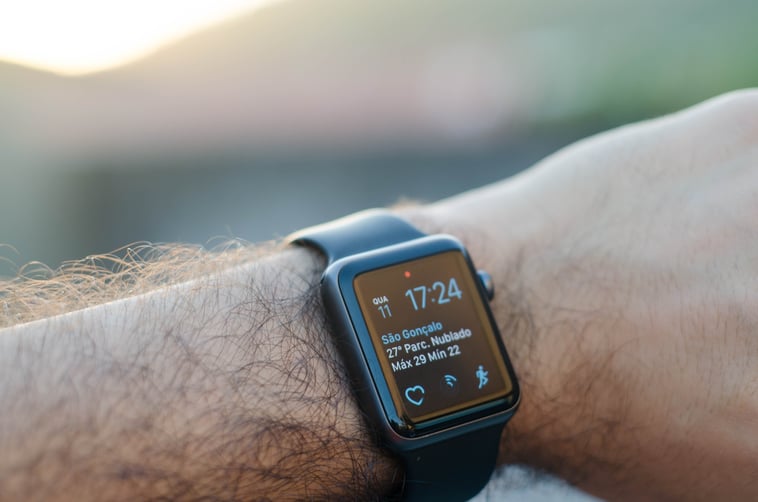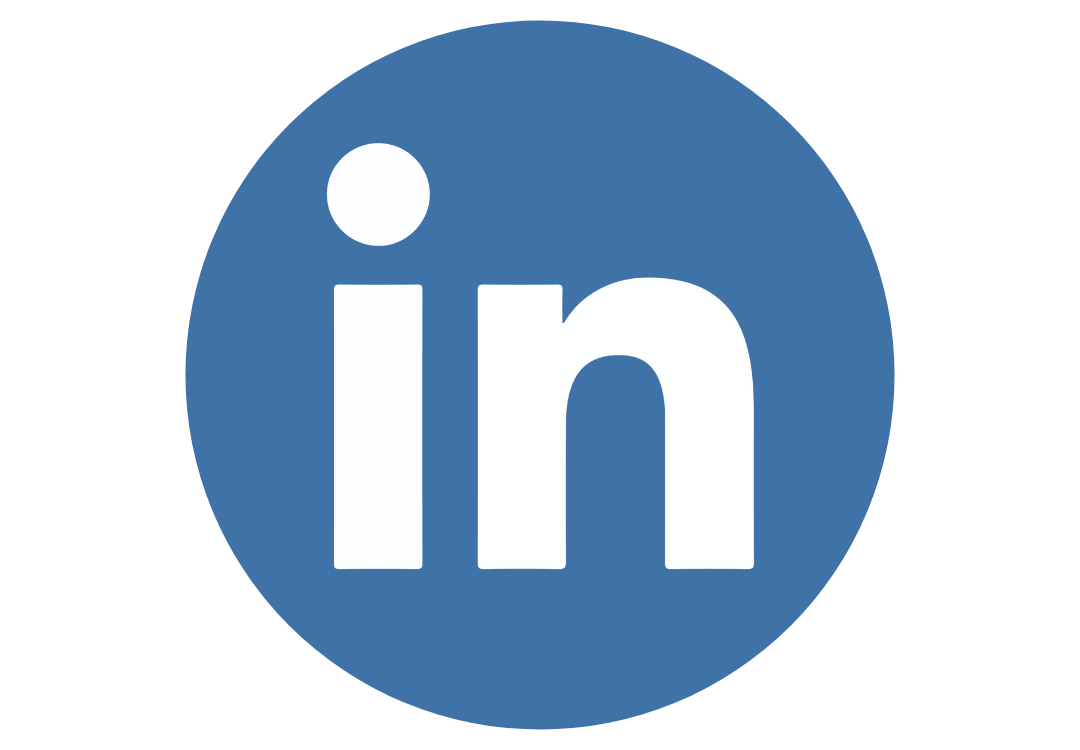Switzerland (Head Quarters)
IDR Medical Switzerland
Austrasse 95, CH-4051 Basel, Switzerland
T:
+41 (0) 61 535 1109
UK
IDR Medical UK
Unit 104 Eagle Tower, Eagle Tower
Montpellier Drive, Cheltenham, GL50 1TA
T:
+44 (0) 1242 696 790
USA
IDR Medical North America
225 Franklin Street, 26th Floor
Boston, Massachusetts 02110, USA
T:
+1 (0) 617.275.4465

How medical technology is transforming the healthcare industry
As in all other spheres of our lives, technology is rapidly changing the way healthcare operates. From using real-time data to enable faster decision making and diagnosis all the way to collecting and processing health outcomes data to generate insights, future care will look very different from the way it looks today. Read on to find out how…
The lowdown
Economic pressures and increasing demands continue to weigh down on the healthcare industry. In the coming decades, many US and European hospitals will be faced with the task of renovating or rebuilding their aging infrastructure - which could present a great opportunity to adopt new technologies.
Other technological advances such as remote health monitoring devices, mobile apps and wearables could help healthcare providers decrease workloads and costs by involving patients in their own care. This rise of patient-centric analytics is transforming everything including decision making and diagnosis.

Embracing AI to transform the patient experience
Software developed by NarrativeDX will help hospitals analyse patient feedback to prevent or fix problems related to their experiences. By uploading this information to a dashboard, proprietary technology will be able to highlight ways to provide better care and improve physician workflows. Such advancements may impact the entire facility, including preventing loss of revenue, decreasing referrals and reducing clinician burnout.
That’s not all. AI, in the form of virtual care assistants, can also be used to inform and educate patients, easing their anxiety and empowering them to participate in their care. Moreover, as hospital processes go digital, AI can improve the way patients share their health data to streamline the process. Finally, AI algorithms could be integrated into the discharge workflow, so patients can take the time to process instructions and ask questions without receiving conflicting information.
Utilising wearable tech to empower patients
Wearable tech and self-monitoring devices have come a long way - thanks to these devices we are becoming more in control of our own health. An increased adoption of this technology has a huge potential and could help the NHS save significant amounts on the average cost per patient. Including health and fitness devices, activity trackers and heart rate monitoring, wearable tech could replace outdated equipment and improve care. There is no doubt that this is changing the way we think about our biology and transforming patients’ and physicians’ lives - wearables could open the door to an unprecedented level of quality data.
For example, in a patient with a chronic condition, a wearable device might alert them to a concerning change in their health, so patients can quickly engage with a healthcare professional. GPS add-ons for asthma patients able to track the environmental exposures that might trigger attacks and devices for diabetics to upload blood glucose data to track their condition, wearable tech is putting patients firmly in control. Some medical devices have been made specially to interact and integrate with wearable technology to aid chronic conditions.
Not only that, but as medical equipment and sensors become more portable, clinicians may be able to perform various tests at a patient's bedside rather than wasting expensive equipment located in different areas of the hospital, which has the benefit of improving patient care and limiting workflow disruption.
Using continuous monitoring to make informed decisions
The Internet of Things (IoT) is a network of physical devices, vehicles, buildings and other items, embedded with electronics, software sensors and network connectivity that enables the collection and exchange of data. This technology allows healthcare to be administered more remotely - and it’s only a matter of time before medical devices will be able to collect vital real time data from millions of patients around the world and simultaneously compare them.
These developments will change how diseases are diagnosed, with medical conditions being predicted as a result of the constant monitoring of health information. For example, one IoT device that is being developed will be used to prevent diseases such as diabetes by using an implant to constantly collect and analyse blood data and independently inject insulin without the need for any human prompting.
Patients’ health records and the data collected can then be stored in the cloud and accessed as it’s needed. This continuous digital monitoring means decision makers can be equipped with real-time support tools to help them make quicker clinical and operational decisions, which results in more efficient care and better outcomes.
Harnessing technology to improve operational efficiencies
Improvements in technology are allowing caregivers to spend more time providing care and less time documenting it. This isn’t just beneficial for patients - it can also enhance development and learning amongst caregivers.
Nurses today typically spend less than two hours of a 12-hour shift on direct patient care; the remaining time includes doing paperwork, searching for medication and even helping deliver patient meals. Using technology such as robotics to deliver medication, transport blood samples, collect clinical test results and even schedule linen and food deliveries to free up nurses’ time could soon be commonplace.
In conclusion, digital technology is transforming the way caregivers and patients alike are managing health. Remote patient monitoring, advanced analytics and wearables are transforming healthcare which not only results in improved patient experience and outcomes, but also transforms back office functions. All of this enables higher quality care, improved operational efficiencies and increased patient satisfaction.
Read our case studies to find out how we adopt a unique approach to every project.


